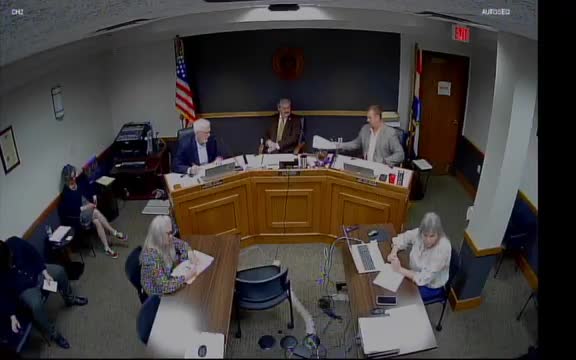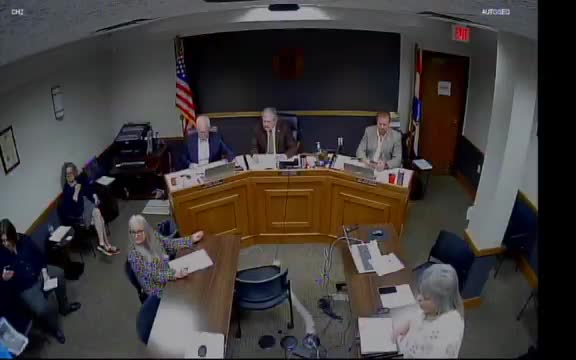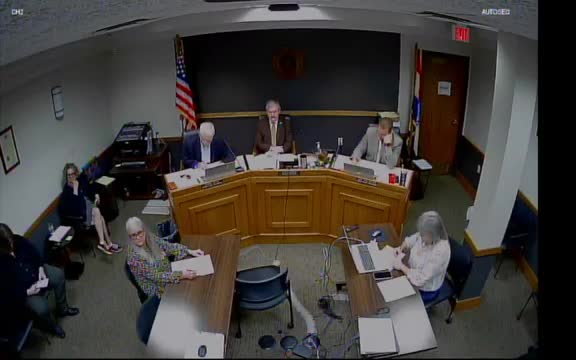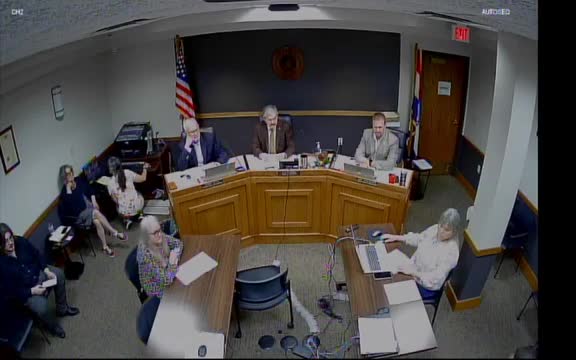Article not found
This article is no longer available. But don't worry—we've gathered other articles that discuss the same topic.

Votes at a glance: Cole County Commission approves equipment purchases, grant applications and several renewals

Recorder’s office flooded over weekend; Summit replaces valves, carpet drying underway

Cole County considers temp janitorial contracts, overtime and pay changes amid maintenance staffing shortage

